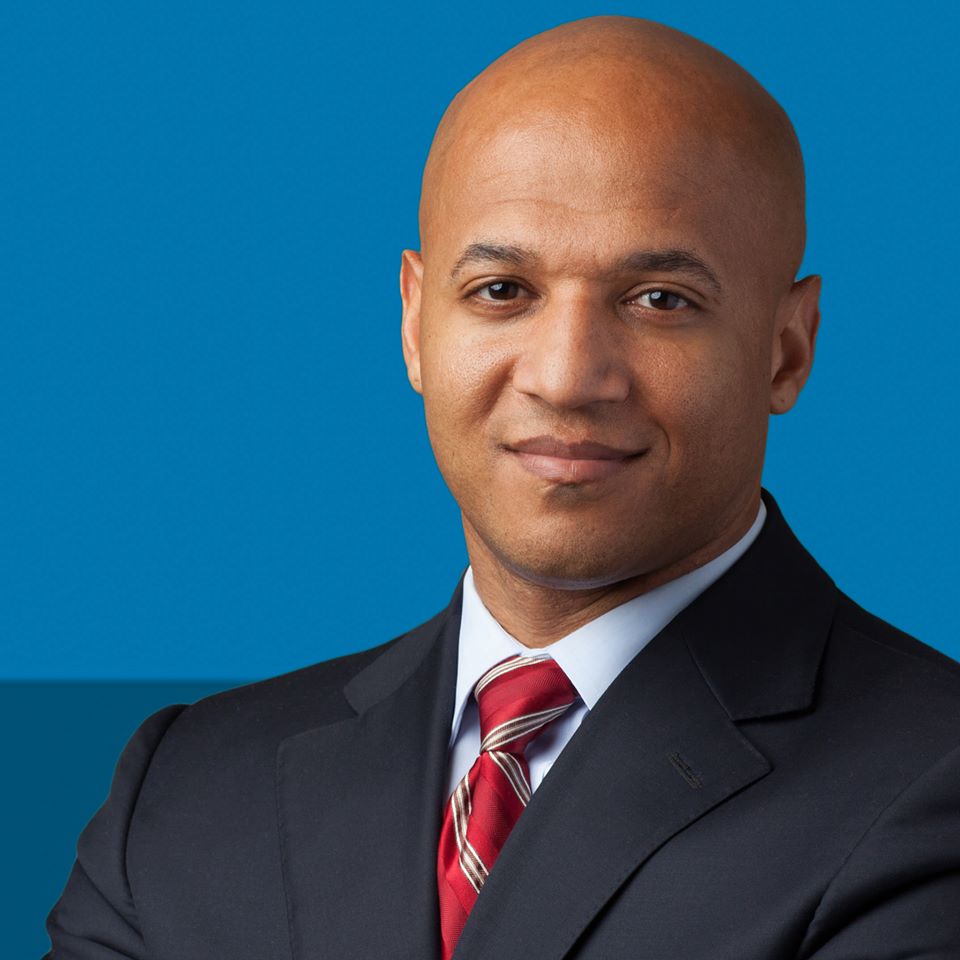Boston’s Chief of Economic Development and Tufts UEP MPP student, John Barros, hosted a series of policy seminars this spring with the aim to promote learning and dialogue among policy practitioners, urban leaders and students on a variety of economic issues. The series concluded with a final seminar on May 10, 2017 on the topic of gentrification and displacement. About 30 students, faculty, and community members were in attendance.Boston’s Chief of Economic Development and Tufts UEP MPP student, John Barros, hosted a series of policy seminars this spring with the aim to promote learning and dialogue among policy practitioners, urban leaders and students on a variety of economic issues. The series concluded with a final seminar on May 10, 2017 on the topic of gentrification and displacement. About 30 students, faculty, and community members were in attendance.
In his presentation, John noted that while Boston is currently dealing with tremendous housing pressure, the city in fact houses more low-income residents than other comparable cities. The City of Boston is pursuing anti-displacement strategies that support housing preservation and development as well as strategies that capture the value of land through means such as community land trusts.
The second half of the policy seminar included a dynamic panel of housing advocates and city officials moderated by UEP Professor Emeritus, James Jennings. Panelists included:
- Lydia Lowe, Chinese Progressive Association,
- Marvin Martin, Greater Four Corners Action Coalition
- Marcy Ostberg, City of Boston Housing Innovation Lab (and UEP MA graduate)
Marcy emphasized the importance of ensuring that local residents reap the benefits of the amenities that come with development but also raised the question: how do we improve the lives of people in our neighborhoods without aggravating gentrification?
Marvin expanded on Marcy’s concerns about the challenges and tensions between neighborhood development, gentrification, and displacement. He spoke about the development of the Fairmount Indigo line in the Four Corners area, which would allow residents from historically disinvested neighborhoods to reach downtown in less than 10 minutes instead of the current one-hour journey. Although the neighborhood’s transit access would significantly improve, Marvin noted long-term residents’ fears of gentrification and imminent displacement.
Lydia Lowe noted the need for more aggressive anti-displacement interventions to be implemented more swiftly. In a hot housing market such as the one in Boston, real estate speculation from deep-pocketed investors is especially severe. Lydia proposed one strategy would be for the city to prioritize public land for public good and to ensure that public land is used in highest service for Boston residents.
Watch the full recording of the final seminar (Part 1 and Part 2).


Published by